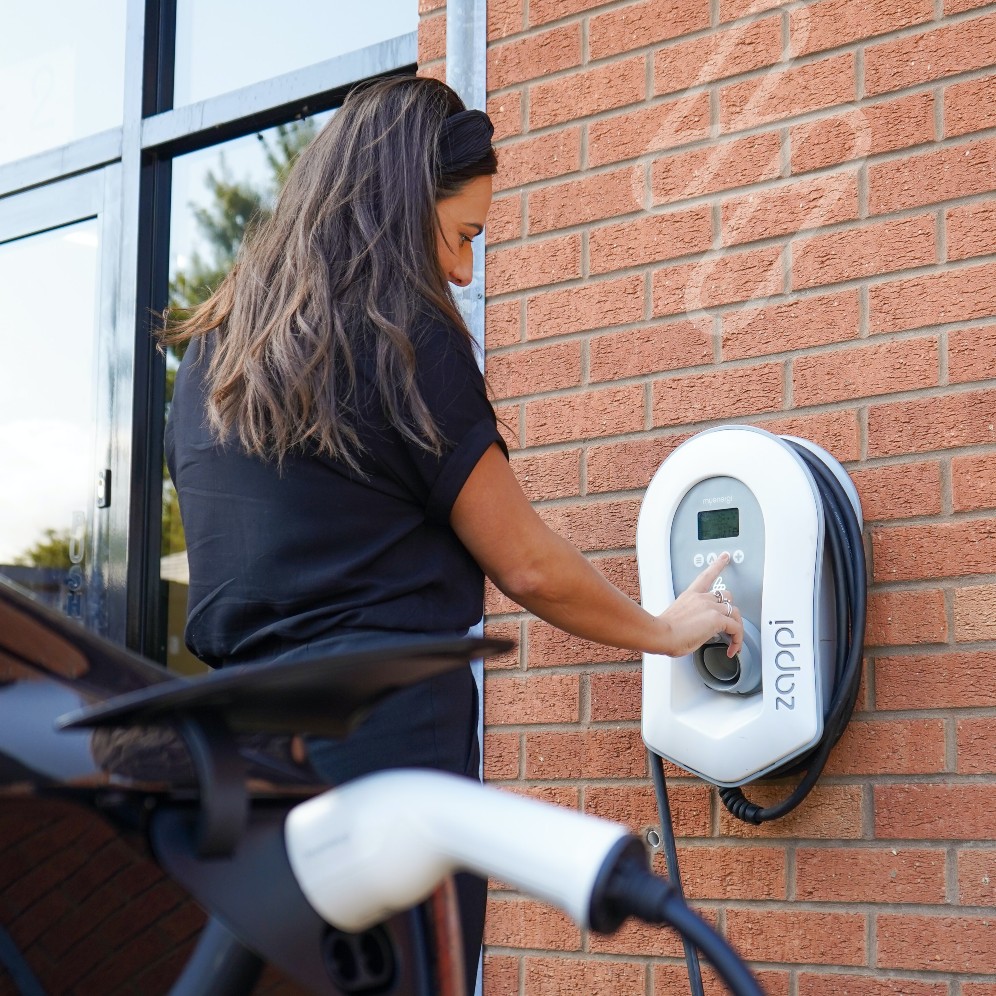Published:
As the global climate change crisis continues to become an increasing focus for government policy and corporate social responsibility, automotive manufacturers around the world are increasing the production and research of electric vehicles (EVs). EV sales, as a percentage of global automotive sales, have grown from 0.6% in 2015 to 2.5% in 2019. As sales of EVs are increasing, consumers are expecting increasing improvements to EV technologies. Some of the largest issues currently affecting EV development are range, charging speed, and safety. Currently, the average range of an EV on the road today is about 197 miles. Often for consumers, this range is not enough regarding the average range of a traditional combustion engine car.
However, breakthroughs in solid-state battery technology may provide an opportunity for EV range, charging time, and safety improvements. Currently, EVs are powered by lithium-ion batteries, which use a liquid electrolytic solution to regulate the flow of current. The problem with this type of technology is that when a lithium-ion battery becomes denser to increase energy storage and vehicle range, the risk of the battery combusting increases as the liquid electrolyte solution has been known to short. General Motors recently recalled 142,000 Chevy Bolt electric cars because of a manufacturing defect that could cause battery fires. Without going into too much detail, a solid-state battery essentially replaces the liquid electrolyte solution of the lithium-ion battery with a solid material. This would allow energy density to double and would eliminate the risk of combustion from the liquid electrolyte solution.
Automotive manufacturers globally recognize the solid-state batteries’ potential and are investing in research and development into this exciting new technology. Japanese automotive manufacturer, Toyota, has announced a $13.6 billion investment in battery technology, including the in-house development of solid-state batteries. The Toyota Aqua is currently for sale in the Japanese market, which uses a hybrid-electric solid-state battery. Toyota has promised 10 new lines of battery electric vehicles (BEVs) by 2025 and an additional 10 lines per year until 2030.
Other major automotive manufacturers, including Volkswagen AG, Ford Motor Co., and Bayerische Motoren Werke AG, have all invested in leading battery startups. One startup, QuantumScape, has received $1 billion in investments from Bill Gates and Volkswagen AG. QuantumScape successfully tested a solid-state battery in late 2020. Additionally, Volkswagen is turning engine factories into EV battery plants. While experts believe large-scale production of solid-state EVs is likely a decade away, automotive manufacturers globally have recognized the potential of this technology and, as a result, are investing early to reap its future benefits.
File under






